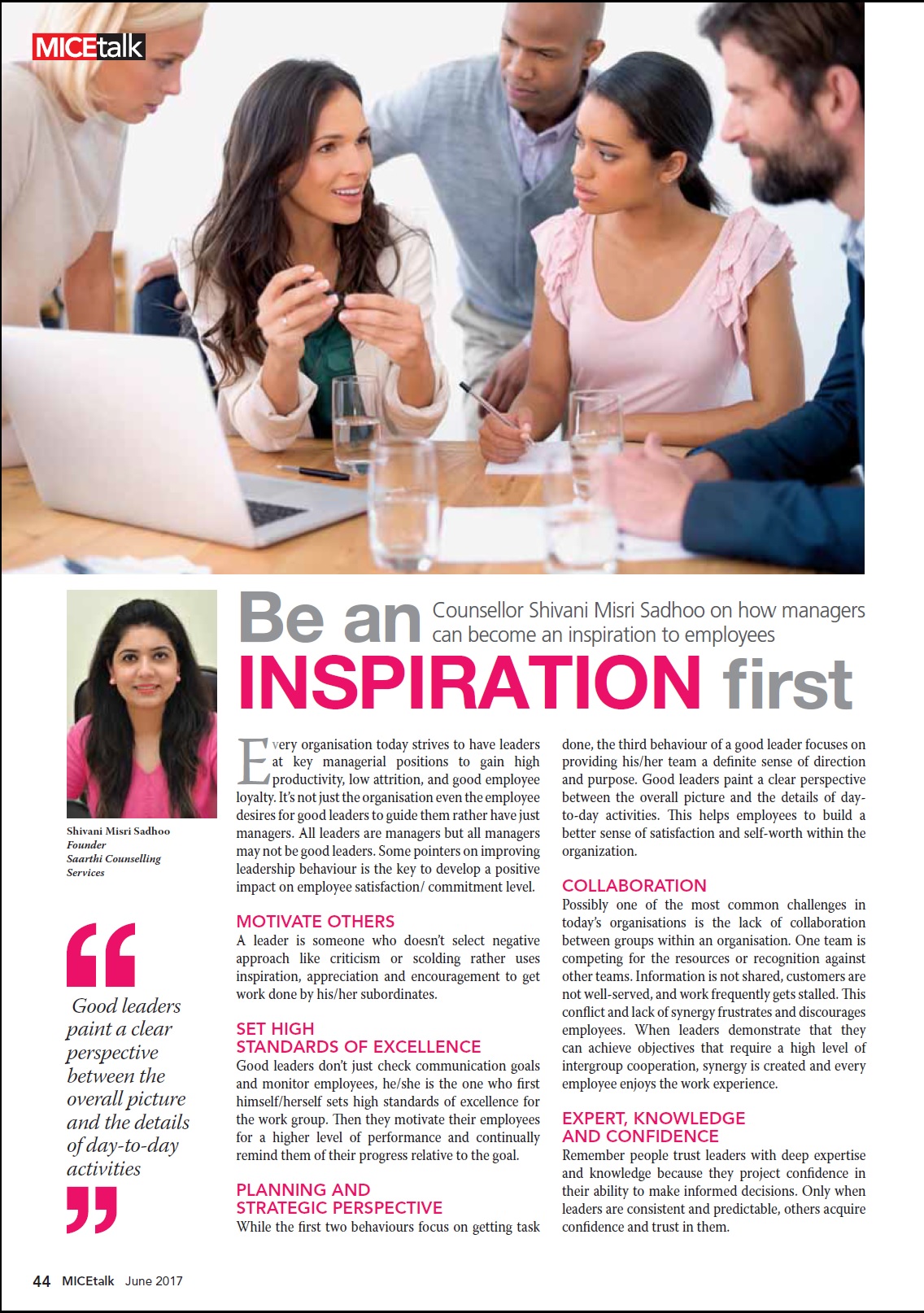Some habits die hard. Especially if habit or experience is developed during childhood days. That impact lasts for many years. Maybe you know the ways your childhood impacts your relationships. Maybe you have never thought about it. We see the impacts of bonds and relationships.
From a normal perspective, strong bonds are what keep us grounded, feeling confident and secure in ourselves and the world around us. We all need and desire to feel safe and secure; this is what motivates a lot of us. Sadly, we get stuck in our (not so helpful) coping strategies that ultimately deny us of this and we often don’t even realize we do this. Especially in our adult relationships.
Have you ever wondered why you do the things that you do? Have you ever looked at yourself objectively and ask yourself, “What’s really going on for me?” Well, it could be time to think on those lines Eminent psychologist, marriage counselor, and relationship expert Shivani Misri Sadhoo states 3 ways your childhood impacts your relationships.
1. You Don’t Trust Easily
Trust is the base of any relationship. When you as adults find it difficult to trust others, it may be due to deep-rooted issues from your childhood’s past ruptures with the people you were easily supposed to trust. If your parents or relatives neglected you, abandoned you, emotionally or physically victimized you, criticized you and created a relationship that was based on terms and conditions, you don’t realize that you deeply feel a sense of insecurity as you evolve into your environment and sense of self as you grow.
This doesn’t mean your parents didn’t love you, and this doesn’t mean you don’t love your parents. This may mean that the tools they had weren’t always productive. Often, your parents “did the best that they could with what they had,” but that doesn’t mean the impact of those means or lack of it should be dismissed. It had an impact.
If your parents or guardians don’t give you the unconditional space to be human-like have emotions, mess up etc. Then you start internalizing emotions and start adapting to your insecurities by not trusting others around you and becoming protective of yourselves in many different ways.
2. You Always Need A Lot Of Assurance
If you forge an insecure bond with your parents or guardians in infancy and childhood, (whether it’s because they were helicopter parents and never allowed you to have any sense of autonomy, or because they were never around you), you deeply develop a sense of insecurity and doubt in yourselves.
Maybe you weren’t given the reassurance as a child that was required for you to feel a sense of confidence in yourself to explore and make mistakes; maybe you weren’t ever acknowledged, to begin with. Might be you were acknowledged too much and everything you did was criticized or validated in a positive way. If everything you did in our parent’s eyes was unseen or seen under a microscope, or seen through rose-colored glasses, you weren’t given the space or freedom to feel confident in our own achievements, shortcomings, and mistakes.
How does this impact your relationship? Fine, to start, you may find yourself really defensive and it may be because you’re feeling insecure. Instead of giving your partner an opportunity to reassure you, you push them away with your defensiveness because you are struggling and don’t know how to soothe or feel comforted.
3. You Feel Panic Immediately When You Perceive Your Partner Is Pulling Away
It may be illogical, but in those moments your brain isn’t able to reassure you that you are just being illogical and you have nothing to worry about. If you experience an immediate or overwhelming sense of panic when you perceive your partner is shutting down, moving away and or leaving you, this may be due to your childhood experience.
If you experienced any abandonment growing up, this deeply rooted trigger can become extreme in your adult relationships. You may find yourself feeling immediately upset and needing to repair an issue immediately in order to soothe the panic and fear. This may ultimately push your partner away if they want space or are afraid of conflict and the two of you may find yourselves in a difficult situation.

